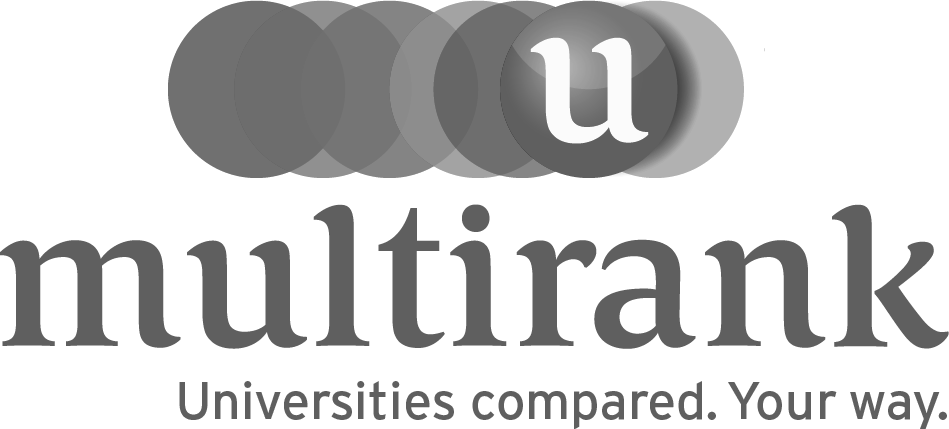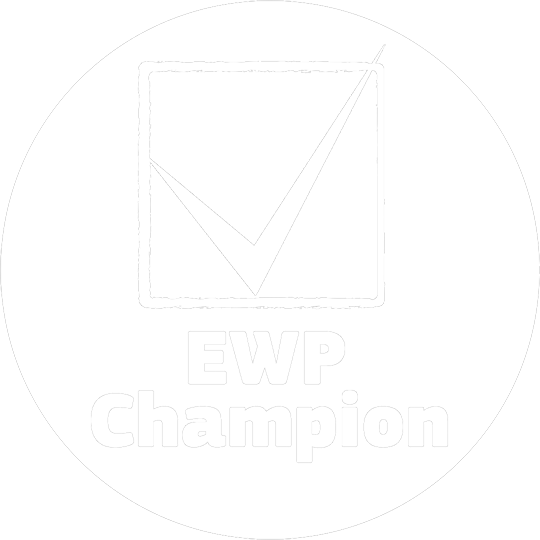UNDERGRADUATE UNIVERSITY STUDY PROGRAMME
ABOUT THE PROGRAMME
ABOUT THE PROGRAMME
In order to meet the needs of the healthcare system one must not only try to increase the number of nurses and paramedics, but strive to increase the number of the well-educated ones. The healthcare of today needs nurses and paramedics who have mastered the basic knowledges and skills of medical care as well as highly-educated nurses and paramedics who will be able to work in administration and management, public healthcare and education.
The general goals of this programme are:
• To prepare students to provide nursing care based on ethical principles in a capable and responsible manner, and to raise their awareness about the necessity of lifelong learning
• To prepare students for work with individuals, their families and the community, respecting thereby their differences in culture and ethnicity
• Students will master team work and collaboration with all experts who are involved in all types of the promotion of health, treatment and medical care
• Students must receive the highest level of education as well as an integrated knowledge in theory and practice so that they are able to keep professionally developing through various forms of lifelong learningThe specific goals of this programme are:
• To develop specific knowledge, skills and attitudes about the nursing care of sick or healthy individuals, their families and the community as a whole
• To develop knowledge, skills and attitudes so that they are able to make a good evaluation about the needs for nursing care, about the selection of the best developmental strategy and management
• Coordination and evaluation of nursing care in various situations and workplaces
• To gain knowledge, capabilities and attitudes needed to work on changes within the community to promote health and prevent disease
• To develop the skills of critical analysis, synthesis and evaluation of nursing care
• To develop decision-making skills with respect to ongoing or intended nursing care procedures in unforeseen circumstances
• Acquire the ability to recognise and determine complex problems and find possible solutions for themThe teaching within study programme in Nursing at the undergraduate level has been organised in part-time classes.
PROGRAMME DURATION
PROGRAMME DURATION
The undergraduate professional study programme in Nursing lasts three years or six semesters (180 ECTS credits).
DEGREE AWARDED
DEGREE AWARDED
Upon the completion of this undergraduate programme, students are awarded the academic degree of a Professional Bachelor (Baccalaureus) in Nursing (bacc. med. techn.).
AFTER GRADUATION
AFTER GRADUATION
After graduating from this programme, Professional Bachelors in Nursing will be able to use the knowledge and skills that they have acquired in their practical work as nurses. By implementing the nursing care process and keeping the nursing care documentation, they will be skilled to work according to the principles of the integral nursing care. Their role within the medical team at various healthcare levels will be to monitor the health status of patients and of the persons who have life-threatening conditions. Professional Bachelors in Nursing will be able to evaluate the needs relating to the education and training of individuals, families and the community. Also, they will also be able to participate in continuous learning and to follow similar professions and research in nursing, and they will be able to participate in nursing education.
YEAR I
Compulsory courses
- Anatomy
- Fundamentals of Medical Chemistry and Biochemistry
- Fundamentals of Physics, Radiology and Radiation Protection
- Microbiology with Parasitology
- Philosophy and Ethics in Nursing
- Fundamentals of Nursing Care I/1
- Nursing Care Process I/1
- English Language I/1
- Physiology
- Social and Healthcare Legislation
- Pharmacology
- Computer Science in Nursing Care
- Clinical Practice I
- Communication Skills
- Fundamentals of Nursing Care I/2
- Nursing Care Process I/2
- English Language I/2
- Dietetics
Elective courses
- Selected Chapters from History of Medicine and Nursing
- Psychology of Pain
- Fundamentals of Genetics in Medicine
- Evidence-Based Nursing Care
- Biologic Fundamentals of Behaviour
YEAR II
Compulsory courses
- Pathophysiology
- Pathology
- Gynaecology and Obstetrics
- Mother and Newborn Nursing Care
- Internal Medicine
- Infectology
- Adult Nursing Care I/1
- Sociology of Health
- Hygiene and Epidemiology
- Health Psychology
- English Language II/1
- Paediatrics
- Child Nursing Care
- Neurology
- Dermatology
- Adult Nursing Care I/2
- Public Healthcare
- Organisation, Management and Administration in Healthcare
- Clinical Practice II
- English Language II/2
Elective courses
- Nursing Care of Children with Chronical Illness
- Nursing Care of Addicts
- Group Work in Nursing
- Child and Adolescent Mental Health Protection
- Nursing Care of Children in Intensive Care Units
- Nursing and Media
YEAR III
Compulsory courses
- Anaesthesiology, Reanimathology and Intensive Care
- Ophthalmology
- Otorhinolaryngology
- Adult Nursing Care II/1
- Psychiatry and Mental Health
- Nursing Care of Psychiatric Patients I/1
- Home Nursing Care
- Nursing Care of Older Persons
- Nursing Care of Disabled Persons
- Fundamentals of Research Work in Nursing
- Surgery, Traumatology and Orthopaedics
- Adult Nursing Care II/2
- Nursing Care of Psychiatric Patients I/2
- Palliative Nursing Care
- Community Nursing Care
- Healthcare Education with Learning and Teaching Methods
- Clinical Practice III
- Undergraduate Thesis
Elective courses
- Clinical Pharmacology in Nursing Practice
- Psychological Approach to Oncologic Patients
- Pain Therapy
- Basic Urgent Medical Procedures
- Introduction to Neuropsychological Rehabilitation
- Chronic Wound Treatment Procedure
- Nursing Care of Oncologic Patients
CONTACT
CONTACT
www.unidu.hr
Email: upisi@unidu.hr
Phone: +385 20 446 028










